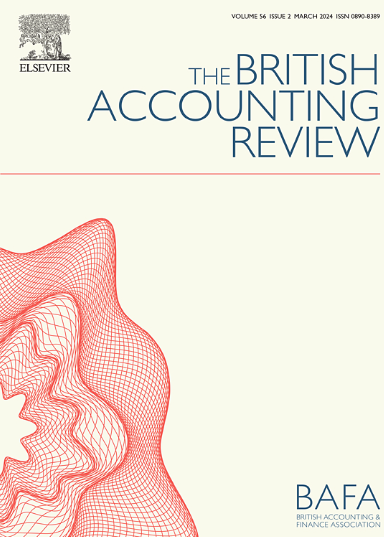Which governance mechanisms matter for firm pollution?
IF 9.4
3区 管理学
Q1 BUSINESS, FINANCE
引用次数: 0
Abstract
Using U.S. EPA pollution data, we analyze which governance provisions are related to firm pollution. We find that classified boards, poison pills, limits to amend bylaws, and fair price amendments are associated with significantly greater pollution. In contrast, cumulative voting, because it allows a greater voice for minority shareholders, is associated with lower pollution. We create a pollution-based index (the P-index) based on the sum of those governance provisions positively related to pollution plus an indicator for lack of cumulative voting. The P-index has approximately twice as large an association with firm-level pollution as the E-index. Most measures of board structure or compensation have no significant relation with pollution after controlling for the P-index. An instrumental variable analysis suggests a causal relation between the P-index and pollution.
哪些治理机制对企业污染有影响?
利用美国环保署的污染数据,我们分析了哪些治理条款与企业污染有关。我们发现,分级董事会、毒丸、限制修改章程和公平价格修订与更大的污染显著相关。相比之下,累积投票权因为允许小股东有更大的发言权,所以与更低的污染有关。我们创建了一个基于污染的指数(p指数),该指数基于那些与污染正相关的治理条款的总和,加上缺乏累积投票的指标。p指数与企业污染的关联程度大约是e指数的两倍。在控制p指数后,大多数董事会结构或薪酬指标与污染没有显著关系。工具变量分析表明,p指数与污染之间存在因果关系。
本文章由计算机程序翻译,如有差异,请以英文原文为准。
求助全文
约1分钟内获得全文
求助全文
来源期刊

British Accounting Review
BUSINESS, FINANCE-
CiteScore
8.60
自引率
3.90%
发文量
39
审稿时长
76 days
期刊介绍:
The British Accounting Review*is pleased to publish original scholarly papers across the whole spectrum of accounting and finance. The journal is eclectic and pluralistic and contributions are welcomed across a wide range of research methodologies (e.g. analytical, archival, experimental, survey and qualitative case methods) and topics (e.g. financial accounting, management accounting, finance and financial management, auditing, public sector accounting, social and environmental accounting; accounting education and accounting history), evidence from UK and non-UK sources are equally acceptable.
 求助内容:
求助内容: 应助结果提醒方式:
应助结果提醒方式:


